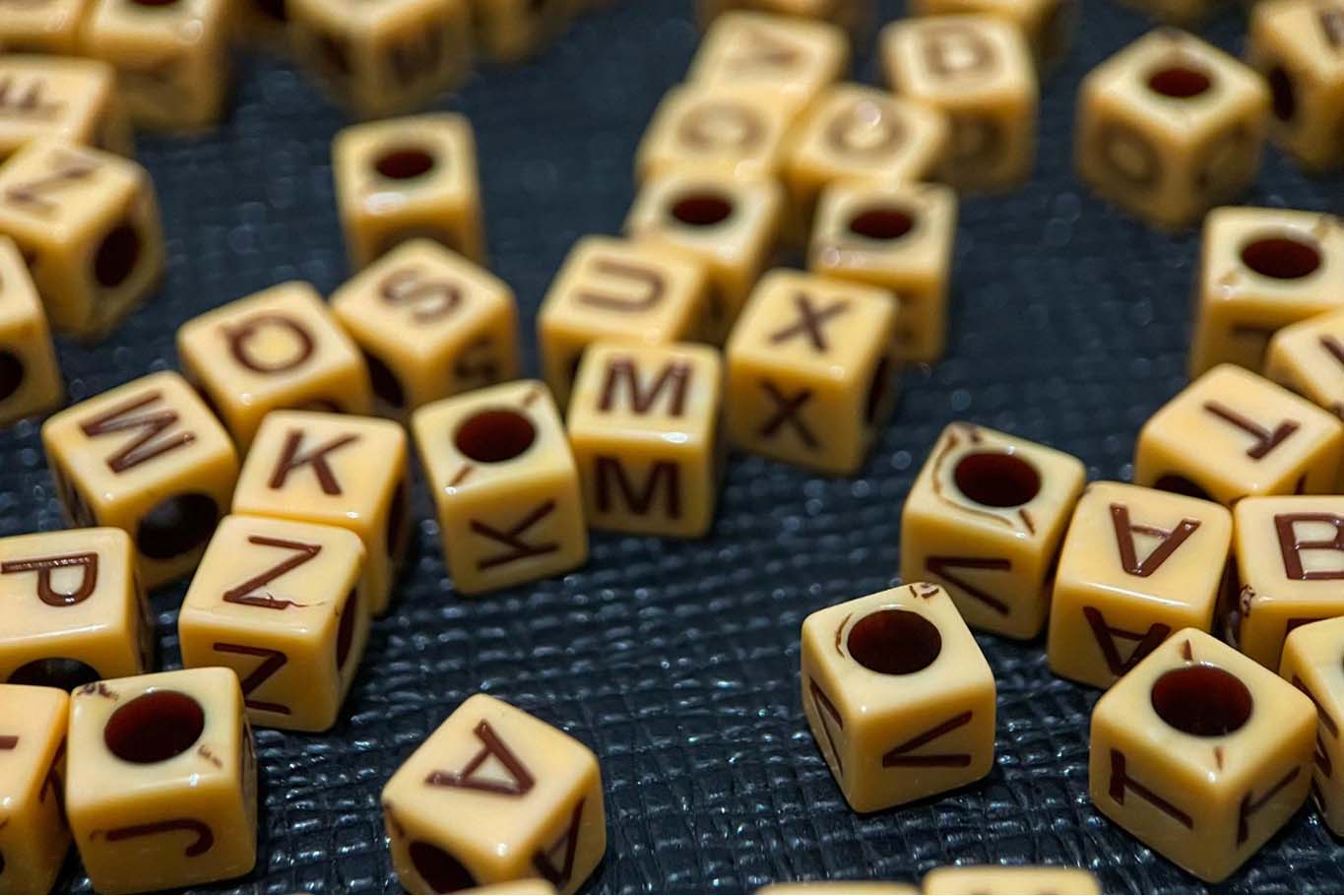
The parents of 12-year-old Indian-American student Amara Chepuri are weighing legal options after their daughter was disqualified from the Tampa Bay regional spelling bee earlier this year. The young spelling prodigy stumbled on the word “pallbearer,” which, according to her family, wasn’t included in the official study list provided to participants.
Her father argued that the disqualification was unjust and possibly cost his daughter a spot in the national championship. “She could have won. She’s one of the best spellers in Florida,” he told the Tampa Bay Times.
Ahead of the contest, Amara had even reached out to her teacher for clarity on the competition rules and what would happen if all the listed words were used. In response, the teacher confirmed via email that an additional list of 150 words — unseen by participants — had been prepared as a backup in case of a tie.
The controversy erupted when judges allegedly began skipping words on the original list after realising both finalists had mastered it. Amara lost after misspelling “pallbearer,” and her competitor was declared the winner for spelling “equality” correctly. Organisers defended their actions, calling it “common practice” in spelling bee competitions.
Amara’s family challenged the result and later enrolled her in another qualifying event, arguing she hadn’t been officially disqualified by the registration deadline. She went on to win that competition. However, a Scripps Spelling Bee representative appeared at the event to announce her disqualification, citing contest rules that bar previously disqualified spellers from re-entering through another route.
The school insists it had informed the family of her disqualification two weeks before the regional contest. As the Chepuris consider their next steps, the debate over transparency and fairness in academic competitions continues to unfold.









